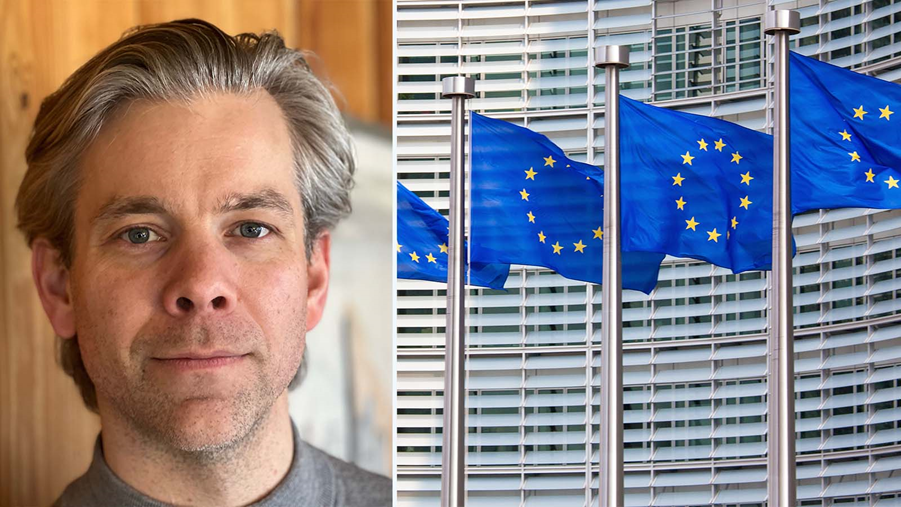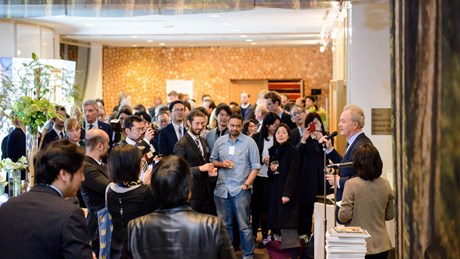
For 30 years, the European Single Market has created opportunities. The family-owned sawmill J G Anderssons söner AB looks back on several decades of expansion since Sweden joined the Union in 1995.
The EU’s internal market enables goods, services, people and capital to move freely across country borders. Access to a market of 477 million people stimulates trade, which has been very beneficial to the forest-based industry.
One example is the Swedish sawmill company J G Anderssons söner AB (JGA). When the company was founded in 1928, the market was local. Almost a hundred years later, the fourth generation sells timber to markets outside Sweden.
"Today, two-thirds of our sales go to countries within the EU. For us, the Netherlands is a bigger market than Sweden today. Owing to fast transports we can supply our customers in the Netherlands with tailormade orders within a few days. It would not have been possible without the Single Market", says Claes Andersson, CEO and co-owner of JGA.
Poland has also developed into an important market for the company. The demand has mainly been driven by an increase in wooden house construction.
"Sweden is a textbook example of how international trade has created economic growth and welfare. Today, 60 percent of the forest-based industry’s products are sold within the EU, and I am convinced that the Single Market will continue to be central to our industry in the next 30 years as well", says Viveka Beckeman, Director General for the Swedish Forest Industries.
Brexit created some concern among the Swedish sawmills as the country is a big importer of timber. But trade has continued even after Brexit, at the price of increased administration.
"Brexit was unnecessary, but it hasn’t affected us very much. The economic situation is more important for demand. That is why we constantly keep our eyes open for new markets, even outside Europe", says Claes Andersson.
How would the forest-based industry like the Single Market to develop in the future?
"For us, it is crucial that we continue to strengthen the Single Market by removing remaining obstacles that hinder trade, and by ensuring that the market works for all Member States. The market needs to be further adapted to meet current challenges. A well-functioning Single Market is extremely important for our competitiveness", says Viveka Beckeman.


